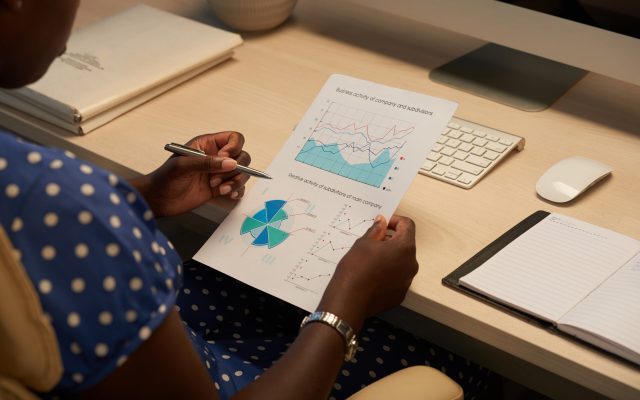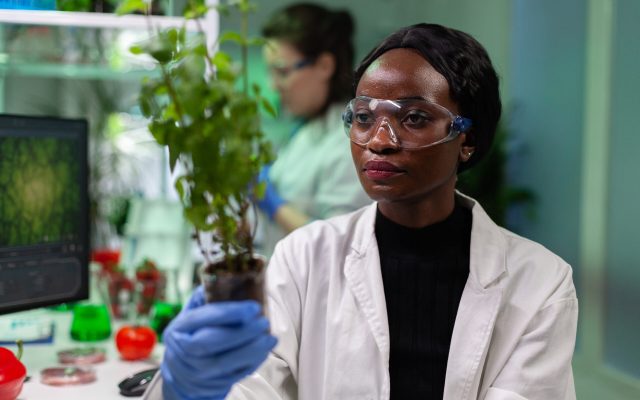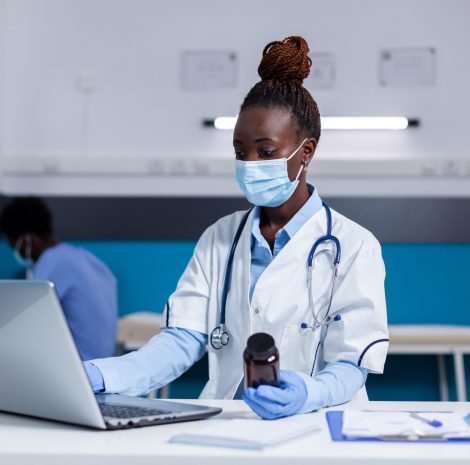Research Partnerships

The Institute for Empirical Research in Political Economy
ERPE / IREEP (in French) is an empirical research center created in 2004 and considered one of the top think tanks in Africa...

The Institute for African Studies (IAS)
The IAS specializes in qualitative research with particular emphasis on African history, sociology and anthropology...

The Institute for Finance and Management
The Institute of Finance and Management (IFM) is the consulting branch of ASE...

The Development Research Lab
Supported with a grant from the Open Society Initiative for West Africa (OSIWA), the Development Research Lab (DRL) will focus on the use of technology to improve governance and the implementation, measurement, and evaluation of public policies and development processes...

The Institute of Biotechnology and Agricultural Science
Explore the dynamics of global politics, diplomacy, and international cooperation...

Pan-African Scientific Research Council
The COVID-19 pandemic has demonstrated that scientific research is a vital human survival strategy leading to the foundation of the Pan-African Scientific Research Council (PASRC) in 2020.
